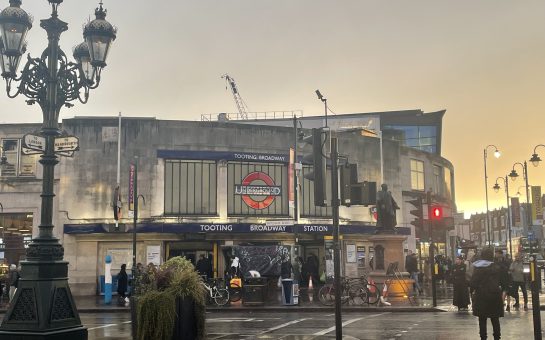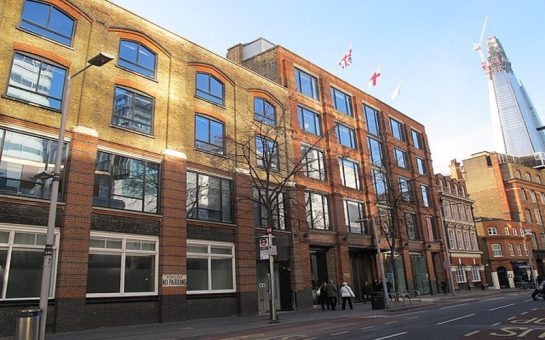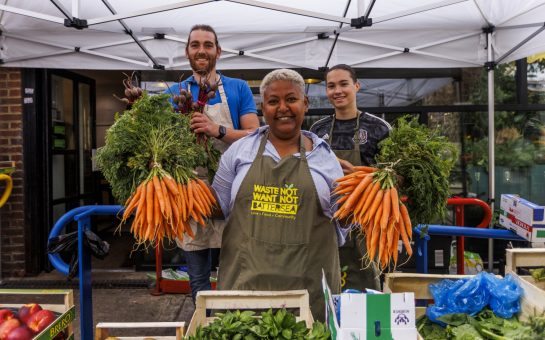A former Deputy Assistant Commissioner of the Metropolitan Police has pushed for community policing to restore trust in the force.
Brian Paddick, who retired from the Met in 2007, joined the Liberal Democrat mayoral candidate Luisa Porritt and councillor Paul Kohler on a visit to Wimbledon Police Station on Friday amid reports of 106 London station closures in ten years.
Porritt spoke to officers about her plans for a return to community policing by doubling the number of local ward officers and reversing the closures of local police stations.
Lord Paddick, who was the Lib Dem mayoral candidate in 2008 and 2012, described how his experience as a sergeant in the 1981 Brixton riot strengthened his view that community policing would restore trust in the Met.
He said: “Police stations are like insurance policies: they are very reassuring to have but you hope you never need them.
“You got a situation in Brixton at that time where the public thought the police were like an occupying army rather than an extension of themselves.
“When you get that opposition between the police and the community as opposed to the police and the community being on the same side, you end up with this loss of trust.
“The public now rarely sees police officers and a large proportion of crimes are screened out so when they report a crime online, they never hear anything else about it.
“There’s this breakdown of confidence in the police because there aren’t enough police officers to deliver the service.”
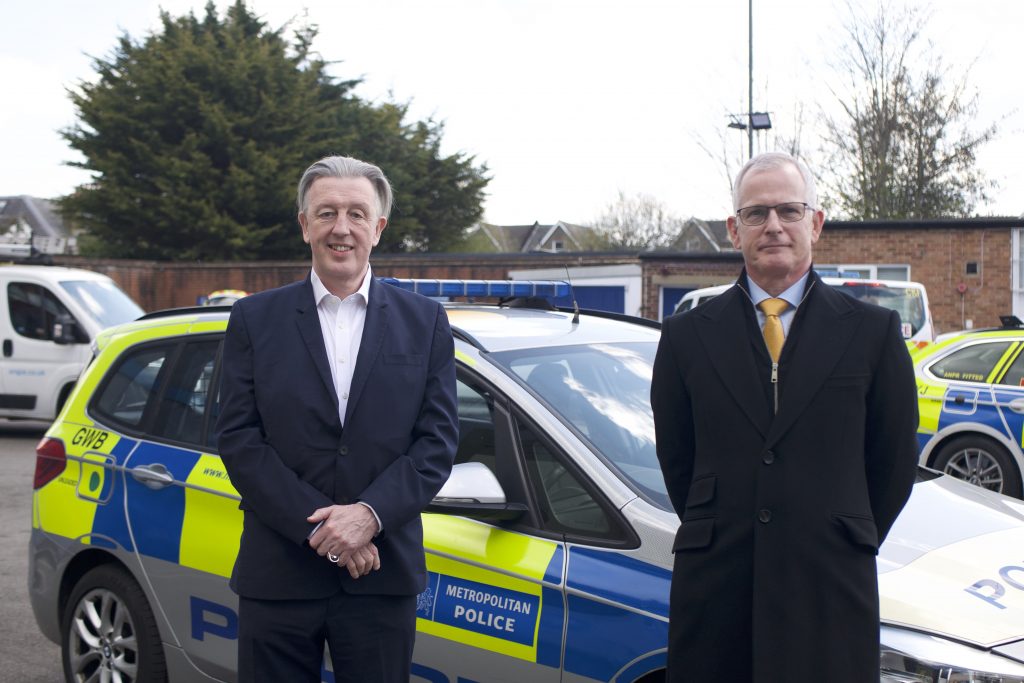
Commissioner of the Met, Dame Cressida Dick, acknowledged last month that ‘there is much to be done’ to improve trust in the force.
Kohler, pictured above with Paddick, was violently attacked in his own Wimbledon home in 2014 by four burglars and believes he would not have survived if the station had not been located about 250 yards from his house.
Kohler, Lib Dem councillor for Trinity Ward, saved Wimbledon Police Station from closure in 2018 by taking the Mayor’s Office to the High Court.
He said: “I feel incredibly loyal to Wimbledon Police on a personal basis because they saved my life and I feel that bond with them.
“As the officers came through the door, the chap was about to hit me with a heavy wooden door and take me out; the burglars were about to finish me off.”
Kohler expressed concerns that the closure of stations will mean police are less likely to get to an emergency like his in time.
Porritt has pledged to reopen stations in consultation with communities to reintroduce them where they are demanded.
Porritt said: “I also want to double the number of neighbourhood officers so police become embedded within the community they serve and more trusted by local people.
“Everyone’s suffering from the fact they don’t have as many local officers to go to when they’re victims of crime.
“A visible police force is both vital to feel safer and be safer.”
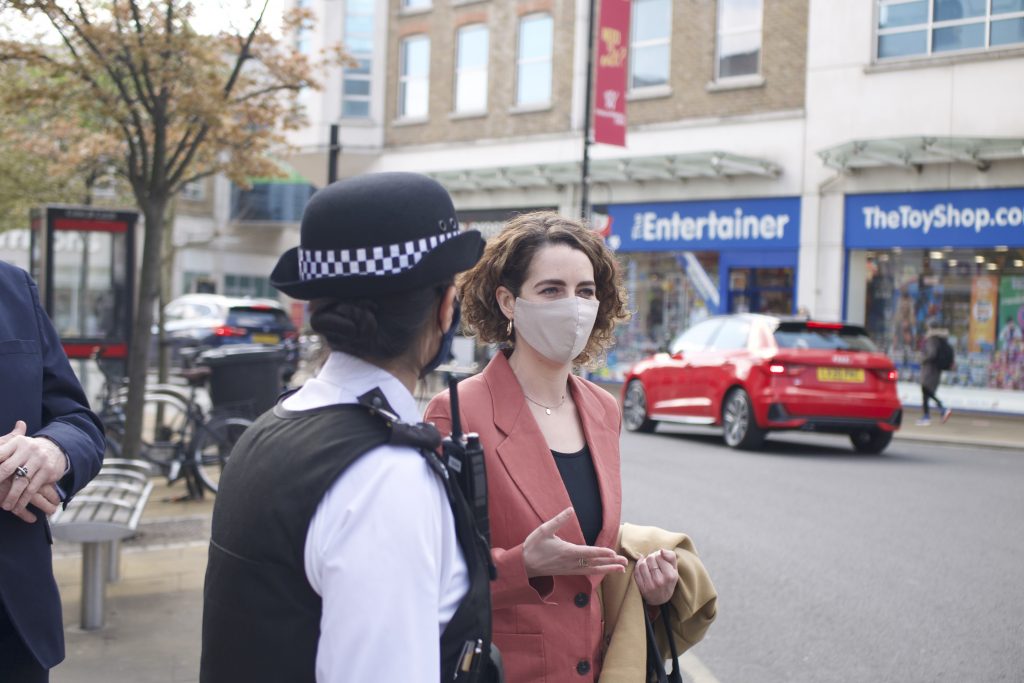
Data from the Office for National Statistics shows that 48% of people said they had never seen police foot patrols in the period April 2019 to March 2020, compared to 30% of people five years ago.
Conservative mayoral candidate, Shaun Bailey, has proposed opening the front counters of all 38 stations closed under Sadiq Khan.
Khan has previously said he was forced to close police front counters because of government cuts to the police budget.
The Mayor’s Office for Policing and Crime argue that ‘people don’t use police stations the way they once did’.
Porritt suggested that community policing could also be part of a solution for the knife crime epidemic in the capital.
She said: “It’s absolutely tragic the number of young people we’ve been losing to violent crime and the rise we’ve seen in those kind of incidents in recent years.
“I don’t personally think the problems of youth violence can be solved through enforcement alone and community policing is part of the answer.
“The drivers of youth violence are complex but what we need to be doing is investing in young people from an early age, making sure that they have opportunities.”
She pledged to set up a London Youth Service to improve after-school activities for young people if elected.
The election for mayor of London will take place on 6 May and you can read about all the candidates here.
